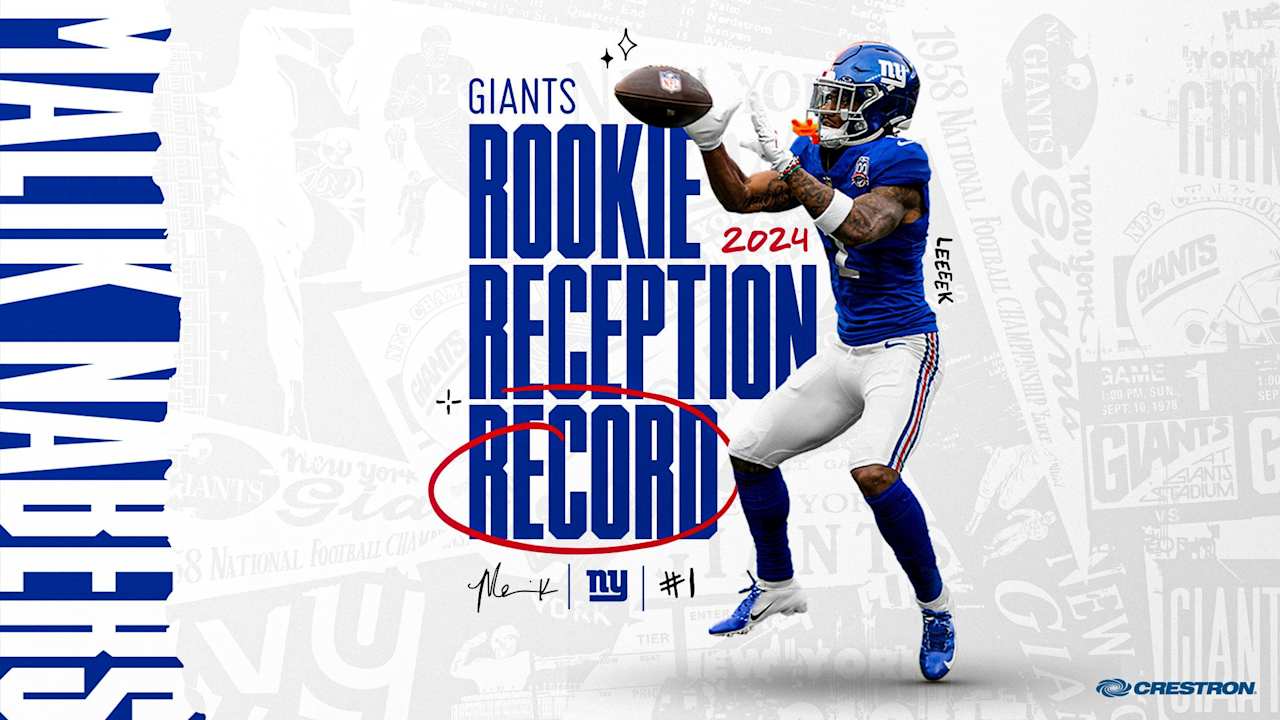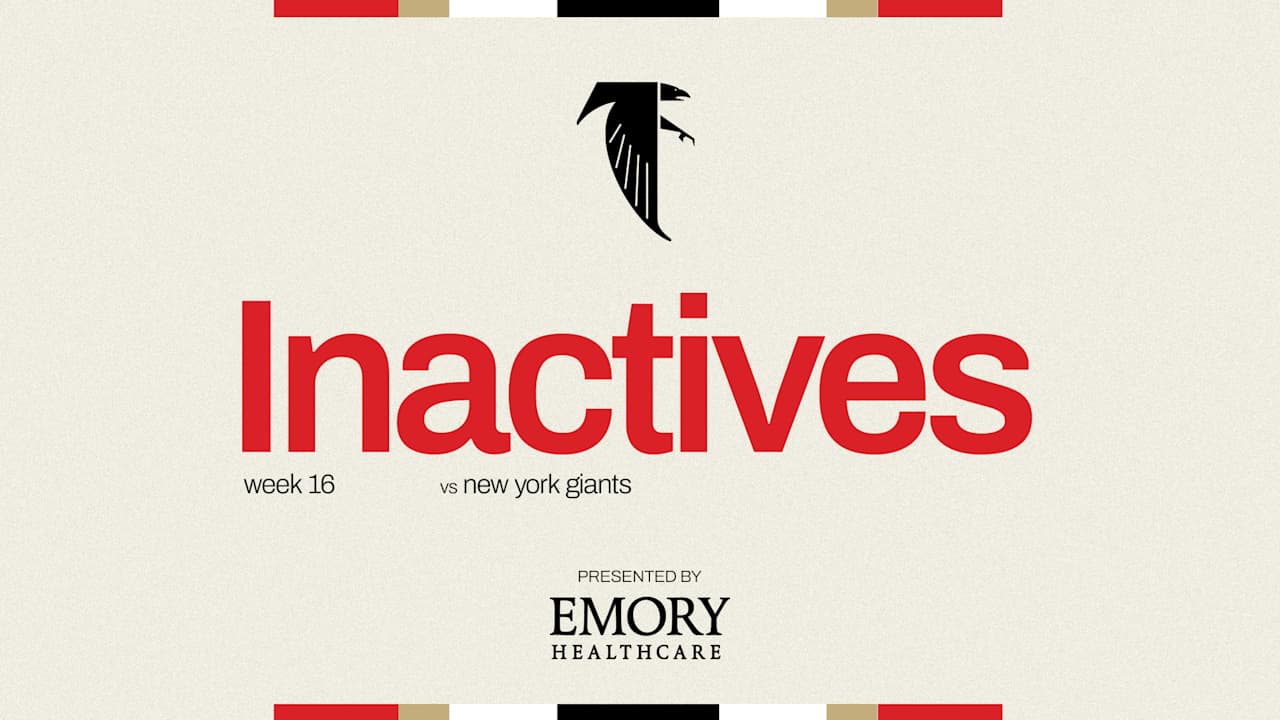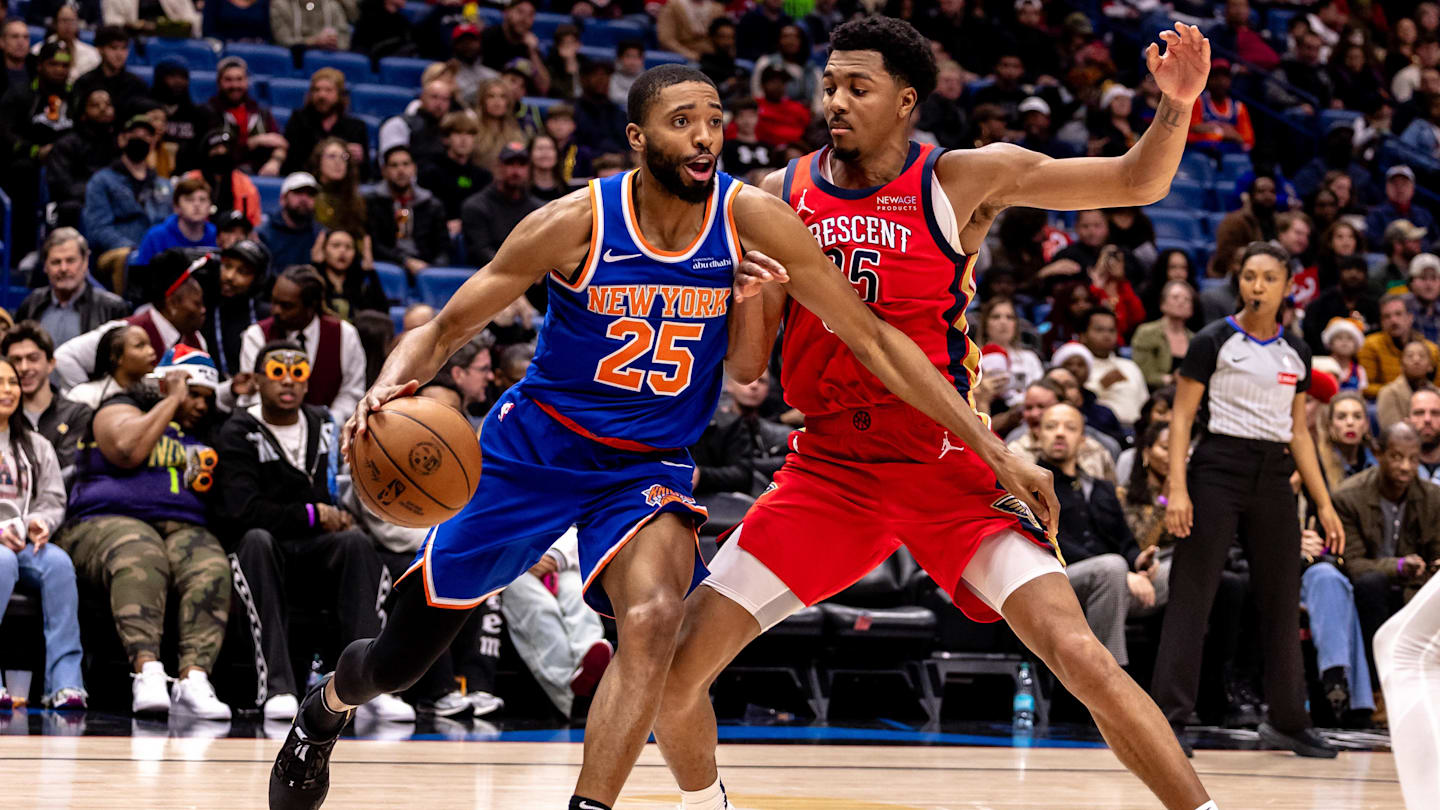NBA
Ex-Garden prez Bob Gutkowski details Pat Riley’s 10K rift with Knicks in new book ‘Gut Punch’

Excerpted from the upcoming book “GUT PUNCH’’ by Bob Gutkowski with Wallace Matthews, which chronicles the career of the former Madison Square Garden President and the 1994 championship runs of the Knicks and Rangers. Available through Palmetto Publishing. Pre-order on Amazon and BarnesandNoble.com. Copyright © 2024 by Bob Gutkowski.
* * *
We were in the midst of perhaps the most exciting season at the Garden in nearly a quarter century, the last time both the Knicks and Rangers were in serious competition for their respective championships, and I couldn’t be sure I would be around to enjoy either of them for very long.
The reason was that at the same time Neil Smith and Mike Keenan were at each other’s throats, the executives at Paramount were courting suitors to buy the Garden, and if they were successful, it probably meant I would be out. To make matters worse, now that I had smoothed out (temporarily at least) the conflict between Smith and Keenan, I found I had to deal with the beginnings of a problem between Dave Checketts and Pat Riley. That one was not over the direction of the team, but over a few bucks.
Ten thousand bucks, to be exact.
Not an insignificant sum to be sure, but in the overall scheme of things, a piddling amount for a multi-billion-dollar outfit like Madison Square Garden and Paramount, its parent company.
Riley’s Knicks were leading the Atlantic Division all season, and there was extra pressure on us because our nemesis, Michael Jordan, had given up big-time basketball in favor of minor-league baseball. It seemed to everyone that this was our window to finally overtake the Chicago Bulls. Scottie Pippen, Horace Grant, and Toni Kukoc were good players, but none of them would ever be mistaken for Air Jordan.
But by late February, the Knicks suddenly hit a rough spot, and after a fourteen-point loss to the Suns in Phoenix on February 27, their lead over the Orlando Magic had dwindled to just two games. It was the first time the Knicks had lost four in a row since Riley had taken over as their head coach.
There was a day off before the next and last game of the trip, in Sacramento against the Kings. The Knicks were scheduled to fly to Sacramento right after the loss in Phoenix, but as the aircraft was taxiing on the tarmac, Riley made an executive decision.
“Fly us to Reno,” he told the pilot.
In his infinite wisdom, the coach decided what his team needed was not a day of practice in Sacramento, but a day and a half of fun and relaxation in Reno. When they checked into his chosen casino hotel he gave each of them $500 worth of chips to play with. It cost him ten grand out of his own pocket, but as far as Riley was concerned, pulling his team out of its rut was the main priority. And if it cost a few bucks to do that, so be it.
And besides, it was a business expense and would be reimbursed by the team. Or so he thought.
The problem with Riley’s executive decision was that he had not bothered to clear it with Checketts, his boss. The president of the Knicks was already not happy when he could not locate his team on what was supposed to be an off-day in Sacramento. And he was really unhappy that Riley would divert the team plane to another city without consulting with him first.
On the matter of the $10,000, however, Checketts told Riley it would not be a problem. That turned out not to be true.
Although Riley’s play paid immediate dividends — the Knicks won big in Sacramento the next night and ran off a string of fifteen straight wins to extend their divisional lead from two to 9-1⁄2 games — Checketts was dragging his feet on the Garden’s reimbursement to Riley. It mattered to Checketts not a bit that Riley’s decision was a stroke of genius that resulted in an immediate turnaround by his team. He was looking at it solely as an executive. Riley was looking at it as a coach. And the coach, as usual, was right.
Weeks went by, and Riley had not gotten his money. I was unaware of this until Checketts came up to me with the expense report in late April, right around the end of the season. Years later, he told author Chris Herring that he never signed off on the expense because no one at the Garden knew how to deal with it. His reasoning was that the unusual expense might be scrutinized by the shareholders of a publicly-traded company that was up for sale.
Bulls–t, bulls–t, bulls–t.
I say that because in 1994, when he came up to my office, Checketts came across with what sounded like the real reason: he was stung because Riley had not cleared the trip or the expense with him first. Checketts felt that as Riley’s boss, all major decisions regarding the Knicks needed to be approved by him. I didn’t completely disagree with him; there had to be some respect for the chain of command.
But this was a special case, I believed, and the results seemed to bear that out. I told Checketts I thought he was making a mistake and that I disagreed with his decision. I told him I would have no problem signing the check, but I wasn’t going to force him to do it. As the Garden president, I could have overridden his decision, but it was, after all, his decision. I wasn’t going to interfere with his method of running the team. I realized then that this was an ego bruise that might never heal.
Riley never got his reimbursement, and he never forgot it. To him, it wasn’t the money; it was the principle. He had made a decision that resulted in a turnaround for his team, and for Checketts not to respect it showed that the organization was not really committed to winning or supporting his methods of doing so. To my mind, this was the first nail in the coffin of their relationship, which as history shows, did not end well for Checketts or the Knicks.
There were other factors coming between them as well. The problem there was not unlike the one between the Rangers GM and head coach: two strong egos, two ambitious men, and one, Riley, who wanted the other’s job. The difference was that unlike Keenan, who would have liked to send Smith back to his native Toronto on a dogsled, Riley didn’t want Checketts out. He just wanted to be president of the Knicks. He would have been quite happy with Checketts as the president of Madison Square Garden — which happened to be my job — so long as he retained complete control of the Knicks.
Riley’s Knicks team was probably better positioned to win a championship than any of its predecessors going back to the 1972–73 team, which featured Willis Reed, Clyde Frazier, Dave DeBusschere, Bill Bradley, Earl “the Pearl” Monroe, and a young power forward named Phil Jackson. This team matched that team’s regular-season win total (fifty-seven), and although it fell short of the 1992–93 team’s franchise record of sixty wins, this season had one important difference: there was no Michael Jordan to kick them around. If ever the Knicks had a clear road to a championship, this seemed to be it.
And although the team was rolling along — the Knicks ended 1993 leading the Atlantic Division with an 18–7 record — my relationship with Checketts was not nearly as smooth. He went behind my back trying to set up a meeting with Stanley Jaffe, our boss at Paramount, to reveal his grand plan: He wanted the Knicks to be removed from the umbrella of Madison Square Garden and incorporated into Paramount. This would have made no substantial difference to the Knicks, who would still play in the arena. But it would have made a huge difference to Checketts. He would no longer have to report to me but directly to Jaffe.
I can’t recall ever being so pissed off at a meeting.
“Stanley, I think it’s all bulls–t,” I said. “But you made this meeting happen, so now you make a decision and let me know.”
Then I got up and left the meeting. Luckily, Jaffe agreed. He called me early the next morning to apologize for the meeting and say it was not going to happen. That surely did not sit well with Checketts.
Nor did an incident dating back to the 1992–93 season, when, in its Knicks preseason special, the MSG Network included a clip of John Starks headbutting Reggie Miller in the 1993 playoffs. After the special had run a few times, I got a call from an irate Jaffe, who insisted that I pull it off the air because “Knicks management” was upset about the inclusion of the headbutt. Since the special had been running for a while with no objections from anyone, I was pretty sure Jaffe hadn’t watched it. But I knew he had just been on a private Paramount flight with Checketts and GM Ernie Grunfeld.
The next morning, I got the call. No doubt, on that flight was where he learned about the objections of “Knicks management.”
“If you don’t take it off by nine o’clock tomorrow morning, I want you to hand in your resignation,” he told me.
I couldn’t believe it. I subsequently got a call from Donald Oresman, Paramount’s chief counsel, advising me not to fight Jaffe on this, that it wasn’t worth my job. But I was adamant; the incident had happened, it was an important part of that team’s story, and I thought we should keep it.
I then called Mike McCarthy, the VP of production, Marty Brooks, the network’s VP of programming, and Doug Moss, the network president, into my conference room. I told them about Jaffe’s call, my response, and the likelihood that I would have to resign the next day. I had one question: How many more times was this going to run on the network?
“None,” Brooks said. “It’s run its course. We’re ready to go to the regular season.”
I was relieved. “Marty, you’ve just given me my out,” I told him.
I let that lie all day and waited until the next morning before calling Jaffe. “Stanley, I want you to know that while I disagree with your position on this, that preseason special will not run again,” I told him.
He was satisfied. I never told him why, but when he reads this book, he will find out. And hopefully, he’ll smile.
Riley never smiled about that ten grand, though. After ITT bought a controlling interest in MSG September 1994, Rand Araskog, the new CEO, called a meeting. The first one to speak was Riley, who was sitting right next to Araskog. “I’m Pat Riley,” he said, as if anyone at the table didn’t already know. “You guys still owe me $10,000.”
Araskog had no idea what he was talking about. Sitting across the table from Checketts, I stifled a laugh. I knew things would only get worse from there.


![[!LIVE-FOOTBALL@!]+ Commanders vs Eagles Live Stream ! Atlanta Falcons vs New York Giants LIVE , player stats, standings, fantasy games TV channels and more HS8079 [!LIVE-FOOTBALL@!]+ Commanders vs Eagles Live Stream ! Atlanta Falcons vs New York Giants LIVE , player stats, standings, fantasy games TV channels and more HS8079](https://www.reddotdigitalit.com/wp-content/uploads/2021/05/Streaming-Platform.jpeg)







